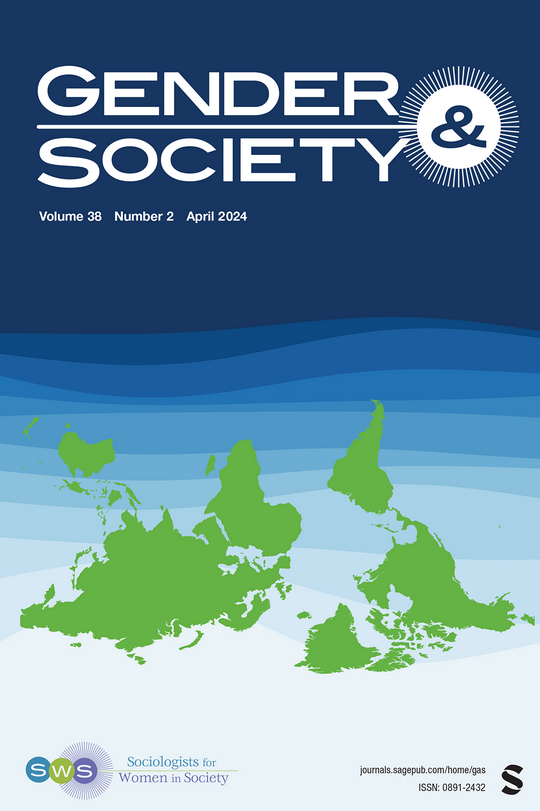An Intersectional Analysis of System Avoidance
IF 7.2
1区 社会学
Q1 SOCIOLOGY
引用次数: 0
Abstract
Recent work on communities of color has elaborated on the concept of system avoidance, which is the avoidance of institutions that keep formal records, such as banks, hospitals, and law enforcement. In this paper, I provide a feminist intersectional analysis of system avoidance by examining whether and how kinship structures shape crime reporting to the police within the “master” categories of race, gender, and class. Using the National Crime Victimization Survey (NCVS) 2002–2019, I show that among Latinx and white respondents, women are more likely than men to report personal experiences of violence to the police only if they have children living in the home. Among Black respondents, however, women are more likely than men to report personal experiences of violence to the police regardless of whether or not they have children. Household income and relationship to perpetrator further shape these associations, the most telling of which is that Latinas are no more likely than Latinos to report violence to the police when they know the offender. By examining crime reporting data through the lens of family structure, this study sheds light on a “paradox of protection,” the thin line in which women alternatively call the police to protect their families from violence, or refrain from calling the police to protect their families from criminalization.系统回避的交叉分析
最近关于有色人种社区的研究详细阐述了系统回避的概念,即回避保留正式记录的机构,如银行、医院和执法部门。在本文中,我通过研究亲属关系结构是否以及如何在种族、性别和阶级的“主”类别中影响向警方报告犯罪,提供了一种女权主义的系统回避交叉分析。我利用2002-2019年全国犯罪受害调查(NCVS)表明,在拉丁裔和白人受访者中,只有在家中有孩子的情况下,女性才比男性更有可能向警方报告个人暴力经历。然而,在黑人受访者中,无论是否有孩子,女性都比男性更有可能向警方报告个人的暴力经历。家庭收入和与施暴者的关系进一步塑造了这些联系,其中最能说明问题的是,当拉丁裔人认识施暴者时,他们并不比拉丁裔人更有可能向警方报告暴力行为。通过从家庭结构的角度审视犯罪报告数据,这项研究揭示了一个“保护悖论”,即女性要么报警以保护家人免受暴力侵害,要么不报警以保护家人免受刑事定罪。
本文章由计算机程序翻译,如有差异,请以英文原文为准。
求助全文
约1分钟内获得全文
求助全文
来源期刊

Gender & Society
Multiple-
CiteScore
9.70
自引率
3.60%
发文量
78
期刊介绍:
Gender & Society promotes feminist scholarship and the social scientific study of gender. Gender & Society publishes theoretically engaged and methodologically rigorous articles that make original contributions to gender theory. The journal takes a multidisciplinary, intersectional, and global approach to gender analyses.
 求助内容:
求助内容: 应助结果提醒方式:
应助结果提醒方式:


